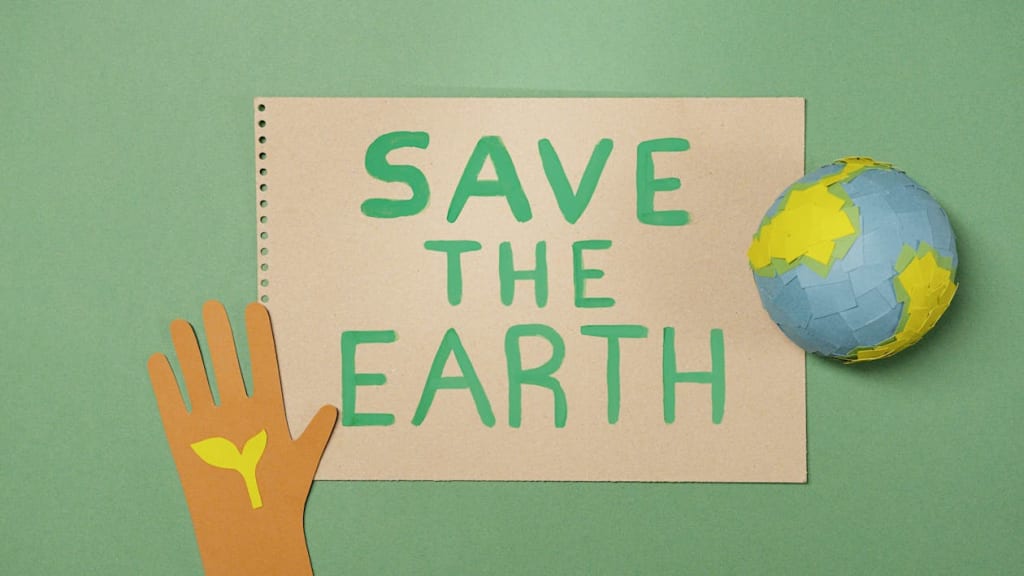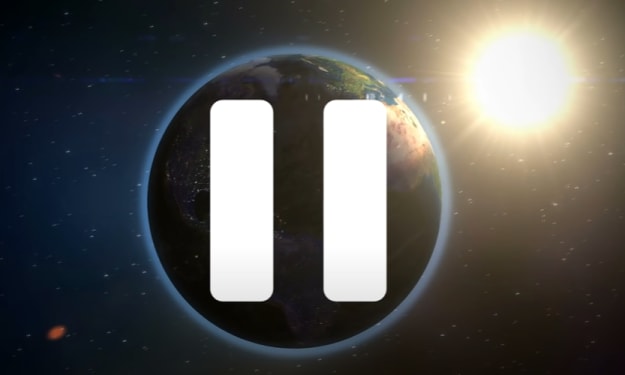
Environmental pollution is a growing concern in today's world, with devastating effects on our planet. Pollution occurs when harmful substances are introduced into the environment, causing damage to the air, water, and soil. This can have serious consequences for human health, wildlife, and ecosystems.
There are many sources of environmental pollution, including industrial activities, transportation, agriculture, and waste disposal. These activities release pollutants such as carbon dioxide, sulfur dioxide, nitrogen oxides, and chemicals into the atmosphere, leading to air pollution. Water pollution occurs when contaminants are discharged into bodies of water, either directly or through runoff from land. Soil pollution, on the other hand, can result from the use of pesticides, fertilizers, and improper disposal of waste.
The impacts of environmental pollution are far-reaching. Air pollution can lead to respiratory problems, cardiovascular diseases, and even premature death. Water pollution can contaminate drinking water sources and harm aquatic life. Soil pollution can reduce soil fertility and pose risks to human health through the consumption of contaminated food.
Addressing environmental pollution requires collective action at both the individual and societal levels. Governments need to enforce regulations to reduce emissions and improve waste management practices. Individuals can also play a role by adopting sustainable practices such as recycling, reducing energy consumption, and choosing eco-friendly products.
It is essential for everyone to understand the seriousness of environmental pollution and take steps to mitigate its impacts. By working together to protect our planet, we can ensure a cleaner and healthier future for generations to come.Dear valued guests, today is World Environment Day. Let's discuss the issue of plastic waste pollution in the next few minutes. In Vietnam, this year's theme focuses on finding solutions to the problem of plastic waste pollution, which remains a global concern. Plastic production has doubled in the past 20 years, with only 9% of plastic waste being recycled. During negotiations, countries have considered various measures such as a global ban on single-use plastic products and holding polluters responsible for the waste they generate. There is a debate between supporting recycling as a solution and advocating for a significant reduction in plastic production to end pollution by 2040. Before 2040, there are plans to conduct five rounds of negotiations to reach a formal agreement on preventing plastic waste pollution. Plastic pollution is currently a global catastrophe, with plastic products persisting in the environment for 450 to 1000 years, causing ecological damage. Microplastic particles have been found in both human blood and cells. While efforts to reduce plastic waste focus on 28 coastal areas nationwide, many new projects are only partially implemented. Tourist beaches and nature reserves have some waste reduction projects, but coastal fishing ports are still polluted with plastic waste. Volunteer cleanup efforts only provide temporary relief. In Duy Hai commune, Duy Xuyen district, Quang Nam province, a significant amount of plastic waste has washed up on the coastline, highlighting the severity of the plastic pollution issue. To address this problem, each locality must establish suitable waste management facilities to efficiently sort and process plastic waste. While some areas have started waste separation, it is a necessary but insufficient condition to comprehensively solve the plastic waste issue. Recycling initiatives have received support, with an average of 980 tons of organic waste collected annually for organic fertilizer production. However, inadequate processing facilities have led to waste accumulation in many areas, despite the installation of waste sorting bins. Vietnam is implementing an extended producer responsibility approach to plastic waste management, where producers are responsible for waste management from production to disposal. The government has introduced regulations on recycling costs, but some business associations believe the proposed fees are too high compared to the global average. Implementing reasonable recycling costs is crucial to avoid financial burdens on businesses and impact consumer demand. Vietnam is rolling out a producer responsibility extended approach to plastic waste management. This involves a policy toolkit to support effective solid waste management, where producer responsibility extends beyond product placement in the market to include disposal. This model is based on the principle that polluters must pay. Starting next year, this regulation will be enforced. The Ministry of Natural Resources and Environment has finalized the draft recycling cost standards, abbreviated as FS. However, 14 business associations believe this draft is not reasonable and higher than the average in many countries. FS does not adhere to circular economic principles. The value of recyclable materials such as aluminum or paper packaging is not deducted because these materials are fully recovered in the market. Our calculations show that for aluminum can packaging, an additional cost of 41 VND/can is required, while for PET bottle packaging, an additional 51 VND/bottle is needed. The current FS price is 10,000.855 VND/kg, while Pro research shows the average price in other countries is only 2,500 VND, less than 1/4 of the proposed FS price. If recycling cost standards are deemed unreasonable, they will create additional financial burdens for businesses. If companies are forced to bear excessive recycling costs, this will drive up product prices and may affect consumer demand. Therefore, establishing reasonable cost standards based on market principles is crucial. Plastic pollution poses health risks as plastic enters the food chain through digestion or inhalation. Recently, plastic waste has formed rock-like structures, emphasizing the urgent need for sustainable waste management measures. Plastic waste has formed rocks found on a footprint-less island in Brazil. This is a protected nature reserve called Turtle Beach. The main components of these plastic rocks are remnants from fishing nets. Scientists are concerned that as the plastic degrades, it will leak chemicals into the environment and pose dangers to marine life. The potential for microplastic particles to enter the human food chain is also difficult to avoid. This story underscores the alarming need to reduce plastic usage, especially single-use plastics. To combat environmental pollution, it is essential for individuals, businesses, and governments to take action. This can include reducing emissions from vehicles and factories, properly disposing of waste, and investing in renewable energy sources. By working together to address these issues, we can protect our planet for future generations.
About the Creator
Nguyễn Văn Đức
I'm from Viet Nam.
Enjoyed the story? Support the Creator.
Subscribe for free to receive all their stories in your feed. You could also pledge your support or give them a one-off tip, letting them know you appreciate their work.
Reader insights
Good effort
You have potential. Keep practicing and don’t give up!
Top insight
Heartfelt and relatable
The story invoked strong personal emotions






Comments (2)
hello
that good